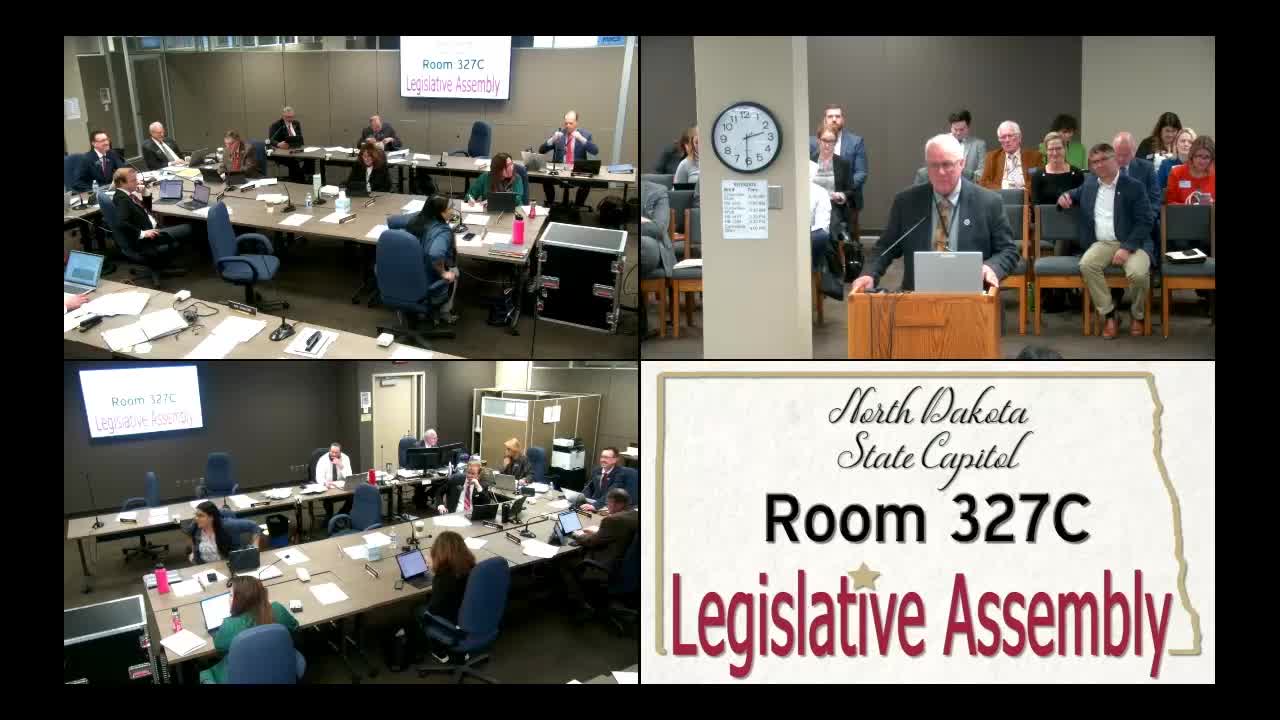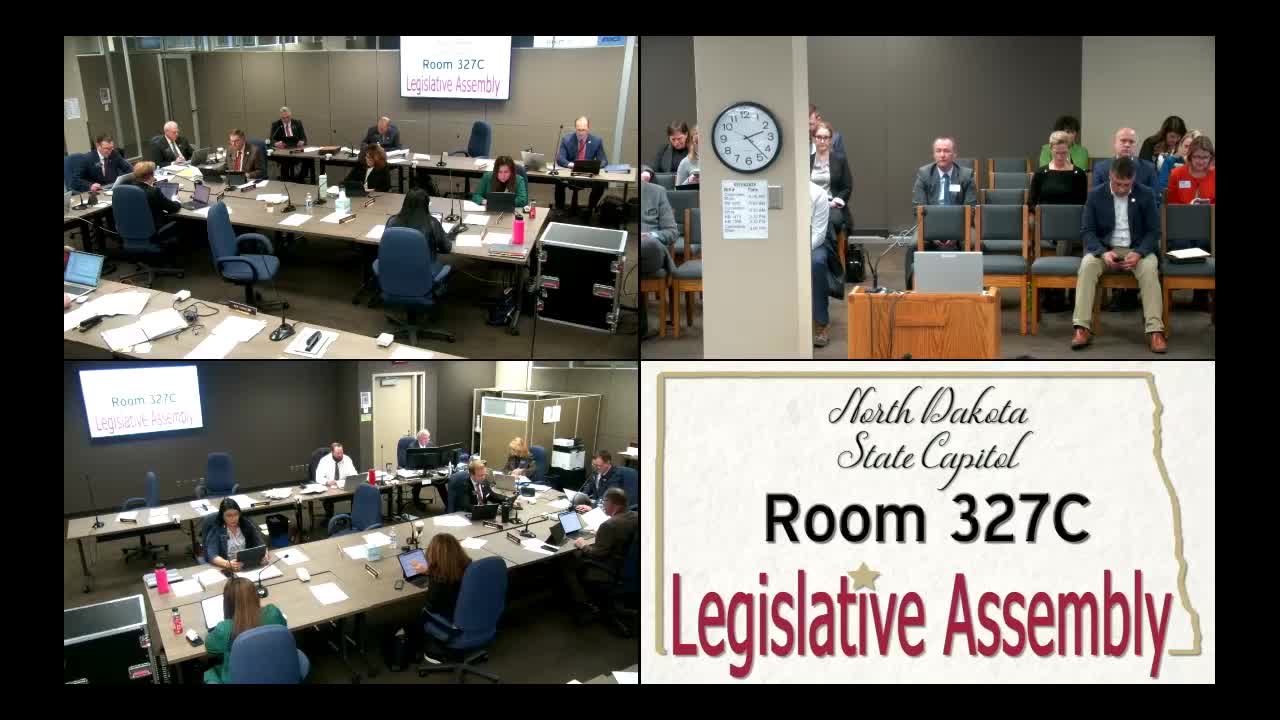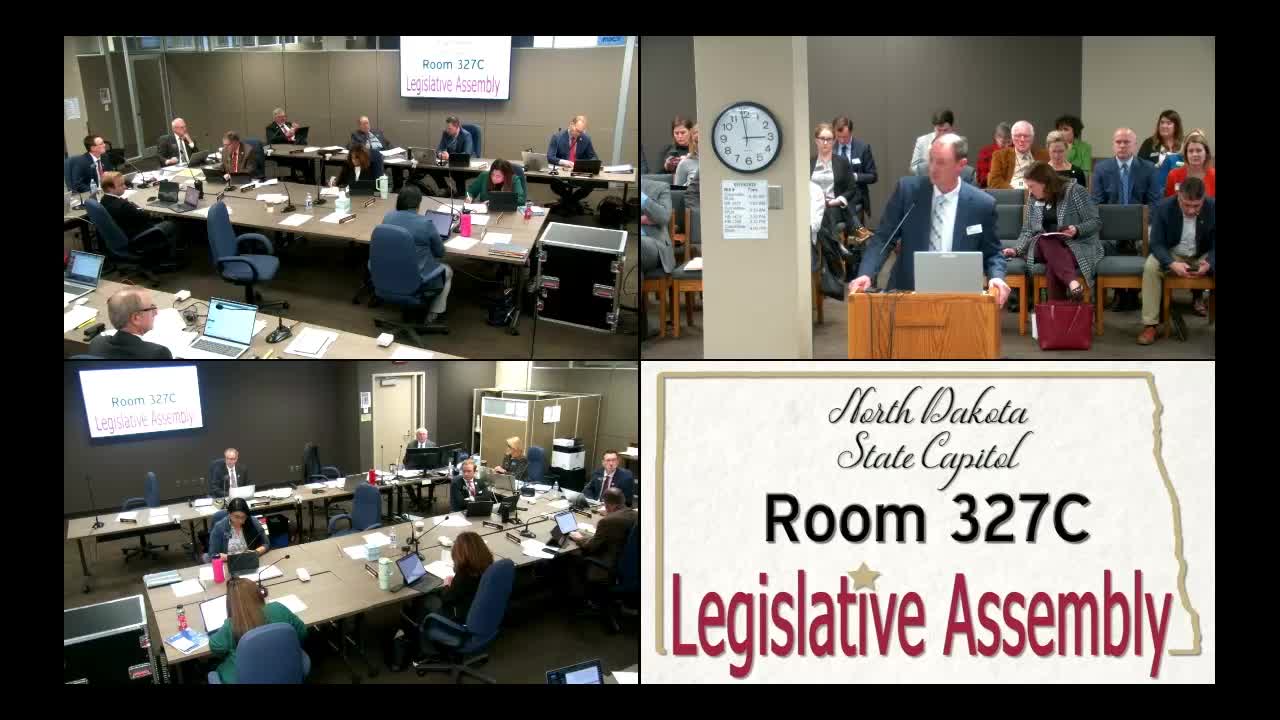Article not found
This article is no longer available. But don't worry—we've gathered other articles that discuss the same topic.

Committee hears hours of testimony on 340B program; hospitals and clinics urge protection while manufacturers warn of higher costs

House committee amends bill to create Office of Entrepreneurship, sends it to appropriations

Committee actions at a glance: three bills moved or voted on during IBL hearing

